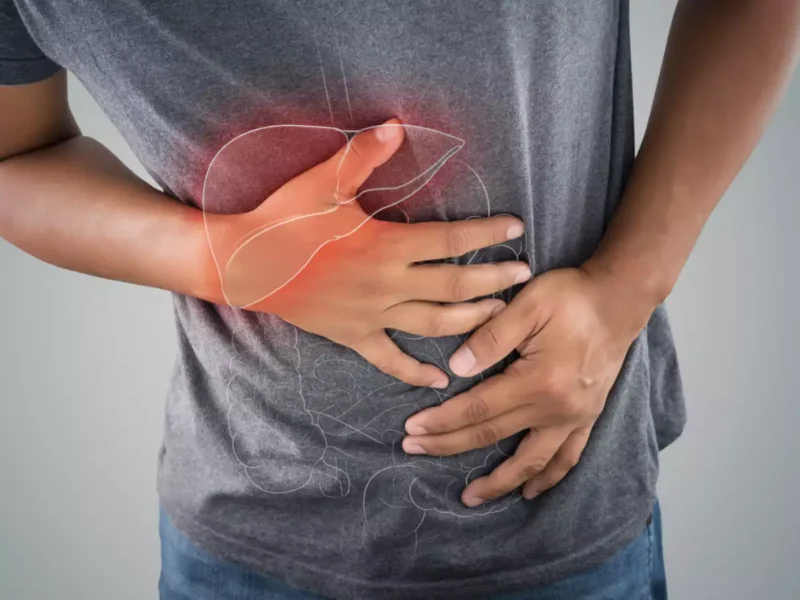Liver health is an often overlooked but hugely vital component of overall wellness. It’s important to realize what happens to one’s body when the liver throws in the towel. So, let’s untangle how the liver works and what happens when it decides to go on strike.
What Does The Liver Do?
The liver, your body’s unsung hero, is responsible for an array of critical tasks. It’s like a multitasking maestro, managing metabolism, purging toxins, and storing nutrients. It even lends a hand in digestion by manufacturing bile, required to take down fats. When the liver’s not in the game, the ripple effect on one’s health can be substantial.
What Happens When the Liver Stops Functioning?
When the liver starts underperforming, your body can go haywire. One of the main fallout is the toxic overload; the liver’s ability to clean up hazardous substances stalls. This can trigger a smorgasbord of problems including turning yellow (jaundice), feeling tired all the time, and struggling with clear thinking.
Types of Liver Diseases You Should Know!
Liver diseases are not one-size-fits-all; they include conditions like fatty liver disease, cirrhosis, and even liver cancer. Fatty liver often takes root in people who’re overweight or love unhealthy food a tad too much. If ignored, this can spiral into more serious conditions. Cirrhosis, marked by the scarring of liver tissue, is a slow-moving situation that springs from extended liver damage.
Symptoms of Liver Diseases
Always be on the lookout for the red flags indicating your liver might be in turmoil. Watch out for issues like tummy pain, a bloated abdomen, feeling nauseous, or skin and eyes taking on a yellowish hue. If you’re always worn out, losing weight without reason, or start bruising like a peach, then it’s high time for a doctor’s appointment.
How To Protect Your Liver Health?
Warding off liver diseases usually includes a mix of lifestyle revamp, medication, and sometimes, surgical moves. Embracing a healthier diet, staying in shape, and keeping a lid on booze can do wonders for one’s liver. Doctors may also reinforce this with medicines to manage symptoms and stall disease progression.











